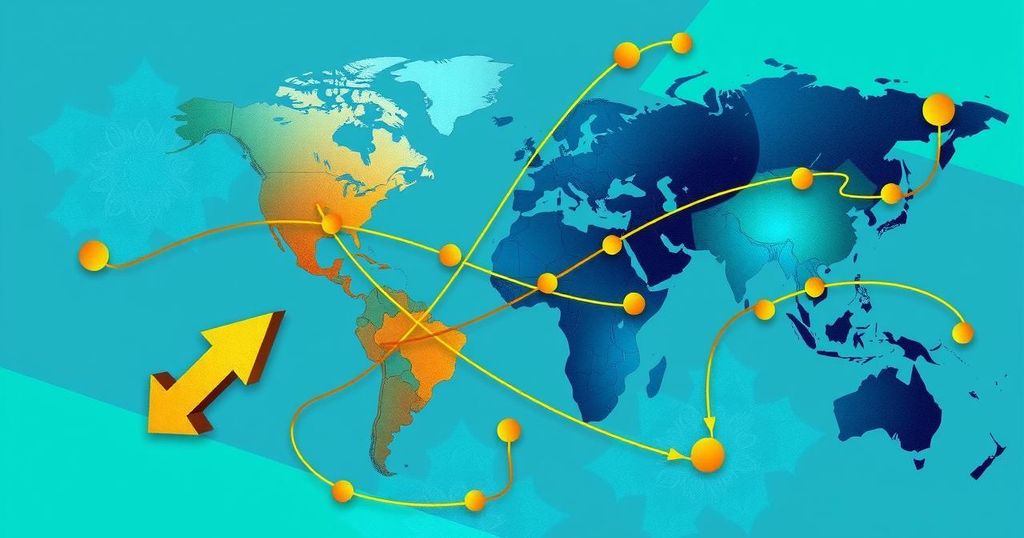Trump Delays Tariff Changes and Introduces TACO Trade Concept

- President Trump has pushed the tariff deadline from July 9 to August 1.
- The term “TACO trade” points to investors’ expectations for market rebounds.
- Letters detailing new tariff rates have been sent to various countries.
- Tariff rates include significant increases for many nations, like Brazil and Indonesia.
- The administration continues to face challenges in securing trade deals after the tariffs.
Tariff Deadlines Delayed: What is Happening?
President Trump recently decided to delay previously scheduled increased tariffs, which were supposed to take effect on July 9, pushing the deadline to August 1. This move has crucial implications, as it has reopened discussions about what’s being termed “TACO trade.” The phrase, which some might find humorous, suggests that investors are banking on a market rebound following the back-and-forth of Trump’s tariff announcements. This new deadline also puts pressure on countries like Brazil, Indonesia, and several others, who have received letters detailing their specific tariff rates directly from the President’s office.
Countries Facing New Tariff Rates Under Trump’s Letters
The letters sent to global leaders indicated the revised tariff rates of their countries’ goods, something that has drawn significant attention and sparked numerous questions. Initially dubbed “Liberation Day” by President Trump back on April 2, the tariffs; those details were supposed to escalate after an initial pause of 90 days. While many in the administration had been confident that new trade deals would streamline out of this situation, that hasn’t exactly happened, except with a handful of nations. Furthermore, Trump’s communications made it clear that if countries retaliate by raising their tariffs, the U.S. will swiftly follow suit. This, of course, puts everyone on edge as they wait for further developments.
Understanding TACO Trade and Its Implications
In light of this situation, many observers have started discussing the term TACO, which stands for “Trump Always Chickens Out,” a phrase popularized by Financial Times columnist Robert Armstrong. This concept essentially captures investors’ strategies, which involve purchasing during market dips caused by Trump’s announcements about looming tariffs, betting on the notion that he will retreat from those decisions, thus allowing a market recovery. Interestingly enough, when a reporter raised the issue of TACO with Trump, he shot back, asserting that it was simply negotiation, which adds another layer of complexity to an already buzzing conversation around tariffs and their broader implications.
To summarize, President Trump’s new tariff directives and the subsequent deadline extension have reshaped discussions surrounding international trade, particularly regarding the nations affected by these tariffs. The emergence of the term “TACO trade” showcases the intricate dance investors are undertaking while navigating an unpredictable market shaped by these tariff announcements. With specific percentages announced for various countries, the situation remains fluid, leaving many to wonder how the landscape will continue to evolve in the weeks leading up to August 1.







